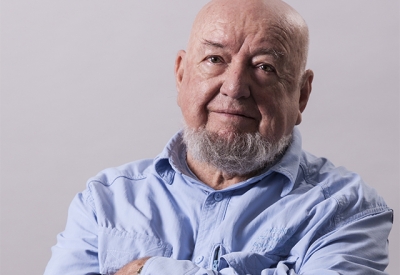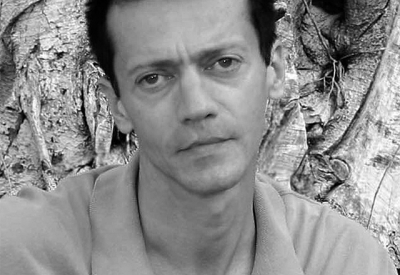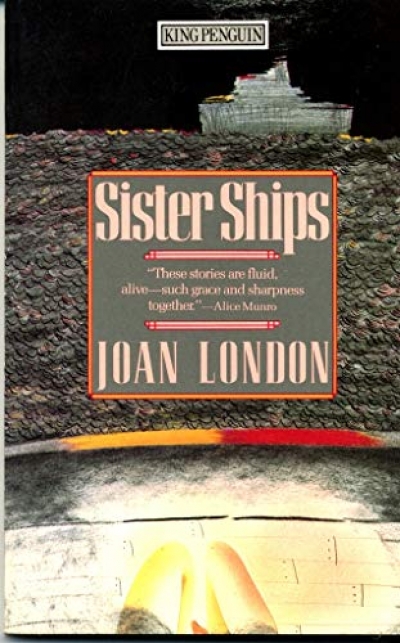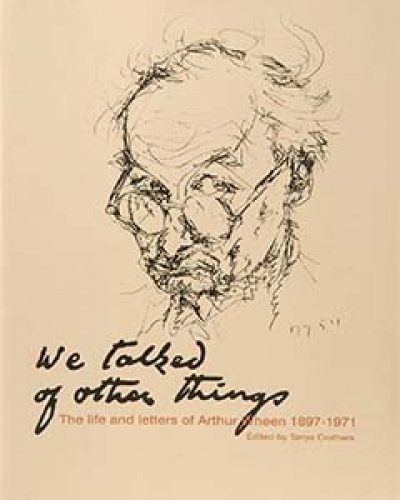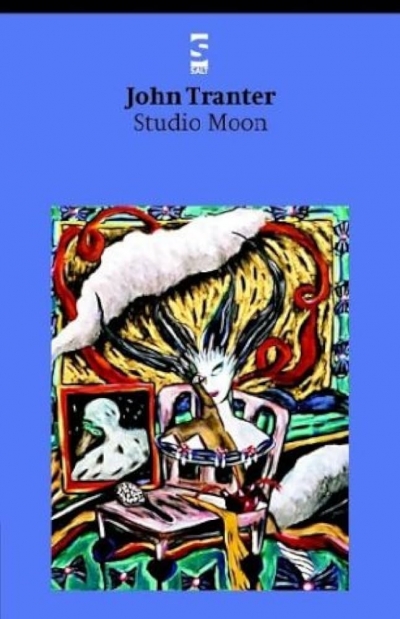Interview
Poet of the Month with David Brooks
David Brooks, critic, novelist, short story writer, animal rights activist as well as poet, taught Australian Literature, ran a writing program, and co-edited Southerly at the University of Sydney. He has published six collections of poetry, the latest (The Peanut Vendor) included in his new and selected poems: The Other Side of Daylight (UQP, 2024). He lives in the Blue Mountains with rescued sheep and advocates for kangaroos. The Sydney Morning Herald called his The Balcony (UQP, 2007) ‘an electrical experience’.

























